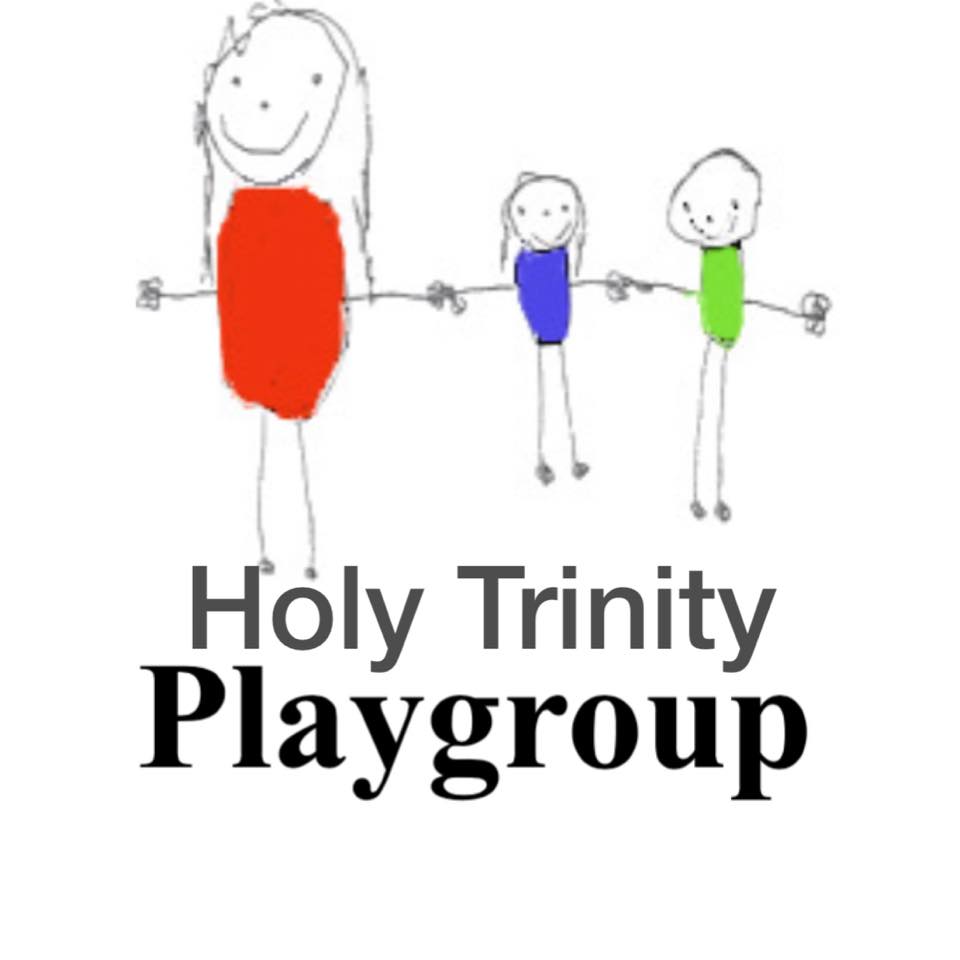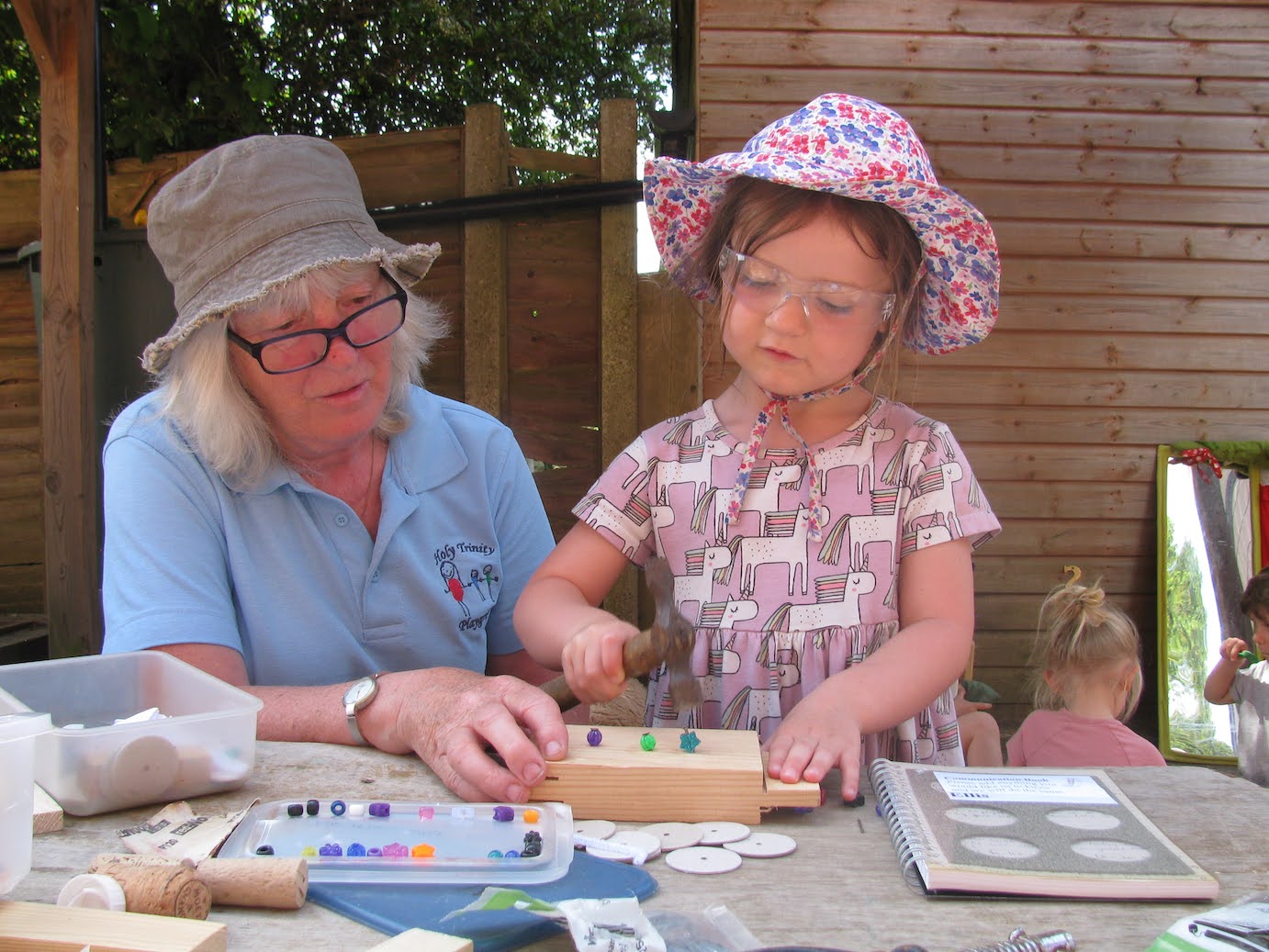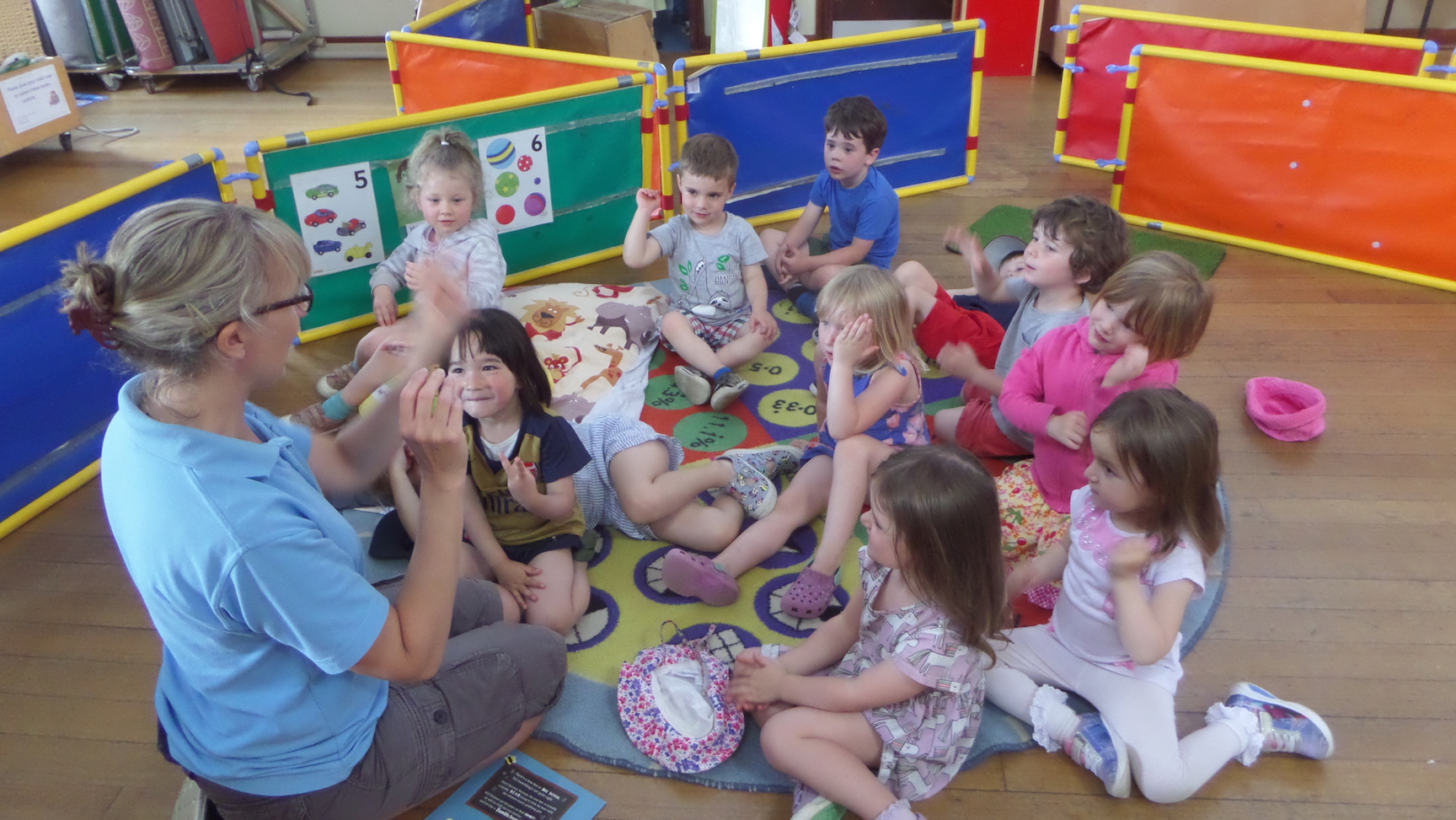We work within ‘The Revised Early Years Foundation Stage’ (EYFS) framework which covers children from the ages of Birth to 5 years as set out by the Department for Education & Skills (DFES). At our playgroup, your child will be encouraged in their learning and development through a variety of playing and activities both indoors and outdoors. We have appropriate toys and resources to enable children to achieve in the seven areas of The Early Years Foundation Stage curriculum. We aim to stimulate their interest, encourage investigation and acquire new skills, understanding and knowledge, as well as build on their existing skills. We believe children learn best through playing supported by guidance and planned activities. We recognise the importance of a parent’s involvement with their child’s pre-school experience and we are always keen for them to be a part of their child’s education and encourage and welcome input and ideas. The Learning Journal is a record of your child’s progress within the Early Years Foundation Stage and shows observations we have recorded whilst your child has been at playgroup. The Learning Journal also works alongside your child’s memory book which contains evidence in the form of photos and pictures/paintings/drawings that your child has participated in. Other information is recorded in these such as interests from home and meetings with parents/carers. Your child’s key worker will share this record with you and talk about your child’s progress about once a term but you can look at this record at any time. At the end of your child’s time at playgroup, the learning journal and memory book is presented to your child at our leaving ceremony. Transition to school activities takes place for children in their last term. We practice changing for PE. We work closely with the local schools to support this next transition and make it as smooth as possible. Lunch clubs are available every day so that children can learn how to deal with this before they start school. The staff work together closely as a team, planning the sessions within the framework of The Early Years Foundation Stage using a selection of resources, games, puzzles and learning activities that cover the seven areas of learning. We plan child-led activities each week by listening to, and building on, the children’s interests and ideas. We identify the children as individuals and put in place activities to support, encourage and challenge each child’s learning requirements. Our weekly plans cover all the areas of learning and evolve throughout the week as we ascertain by observing the children what can be added to complement and enhance their learning further. Each day there is an adult-led activity which focuses on a particular learning objective linked with the current interests. This provides a valuable opportunity for one-to-one and group conversations, explanations and discussions about the topic and are designed to be flexible enough to meet the needs of the individual child. We use our role-play area, book corner and display boards to reinforce our curriculum. The Characteristics of effective learning are playing and learning, active learning and creating and thinking critically and these are all inter-connected with the 7 areas of learning and development. Children learn how to be self-confident, work, play and cooperate with others and take an interest in things whilst knowing right from wrong and identifying their needs. This is incorporated in our circle times, snack times, stories, songs & rhymes, outings and group activities. Children develop skills in talking, listening, reading and writing. Hearing and saying sounds and linking them to the alphabet. Children will move confidently, find control in their bodies, manipulate and handle various types of equipment. They will become aware of the space around them. This is developed through music & movement, parachute games, outdoor climbing & slides, balls, hoops, ride-on toys, stepping stones, scooters and hobby horses. Fine motor skills which are smaller and more controlled movements are encouraged through a variety of activities such as threading, puzzles, play dough, drawing, painting, small world construction (Lego, Brio, Duplo etc.), cutting & glueing. We will encourage mark-making / early writing and reading. Our mark-making table, book corner, games, home corner and speaking and listening with the child encourages this. Children form a basis of understanding of math starting with language and simple concepts. They will become comfortable with numbers and aware of basic weight (heavier, lighter), size (bigger, smaller) and shapes and space. Encouraged by most areas of play including: puzzles, threading, sand & water, construction toys and books & rhymes with number themes. Children become aware about the world in which they live. It includes their environment, everyday technology and what it is used for, past events in the lives of themselves and their families and different cultures and beliefs from home and around the world. We celebrate cultural festivals and have playgroup outings, such as visits to the park and library. Some of the resources that help our children understand the world include a fire station, airport, garage, Duplo, trains, and cars. Children can expand their imagination by exploring colours and shapes, making things, telling stories, making music and dancing, developing their ideas and expressing their feelings. Examples of the many options available are painting, play dough, cutting, glueing, sewing, drawing, cooking, woodwork, dressing up, role play and musical instruments.Early Years Foundation
Planning our curriculum
1) Personal, Social and Emotional Development
2) Communication and Language
3) Physical Development
4) Literacy
5) Mathematics
6) Understanding of the World
7) Expressive arts and design


